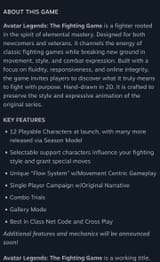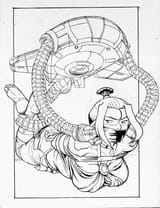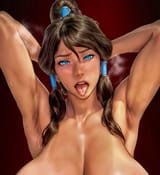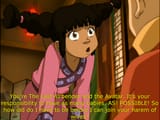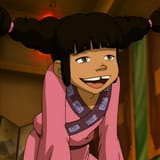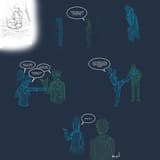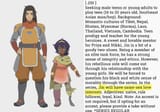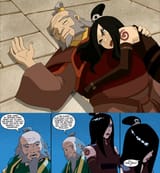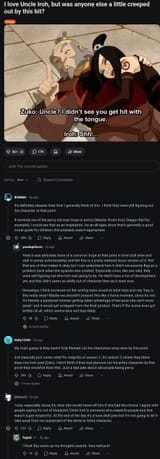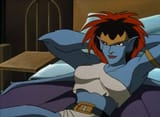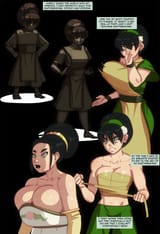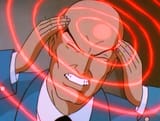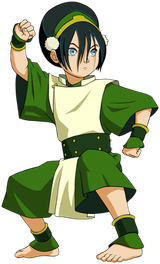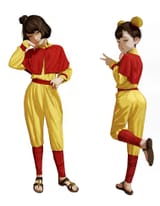>>723135061
Post-Occupy Tokenism hadn't taken over yet and redemptive double standards hadn't come into fashion.
Meaning creative works could still have multiple layers of messages and beliefs that didn't conflict with each other and that the viewer was expected to engage with and come to their own conclusions on.
In ATLA, they expected some viewers to find Aang's philosophy unreasonable, they expected some to see it as noble, and they expected some to agree with him entirely. On one hand, Ozai really didn't deserve mercy, he was never repentant, unlike Iroh. On the other, it would have been against the Air Nomads' principles, of whom Aang was meant to be the most shining example, and it makes sense for him to spare Ozai to face proper consequences, even though he intended to commit multiple genocides and dominate the whole world for his benefit alone.
In comparison, if you think Korra should have done things differently, or if you think she made some unforced mistakes, that's somehow an "incorrect" reading and everything that looks like a character flaw was just foisted upon her by the way others have treated her or the onerous expectations of her role in society as the Avatar (and as a woman.)
Aang was an emotional child who made mistakes because of that, who wasn't really ready to take on the responsibility he was born for, and took a lot of dedicated training and personal growth to become the person he was supposed to be.
Korra was an emotional child who got away with undervaluing power that came naturally to her. For most of her life, she was stubborn and arrogant and never learned any lessons, and when it mattered, she wasn't suited for the role she was born into, because she'd rather be headstrong and independent and prioritize herself over her duty. They expect you to believe she's in the right for that, and that those things aren't flaws. That's what the difference is. The story and the writers' intent are dissonant in the new stuff.





